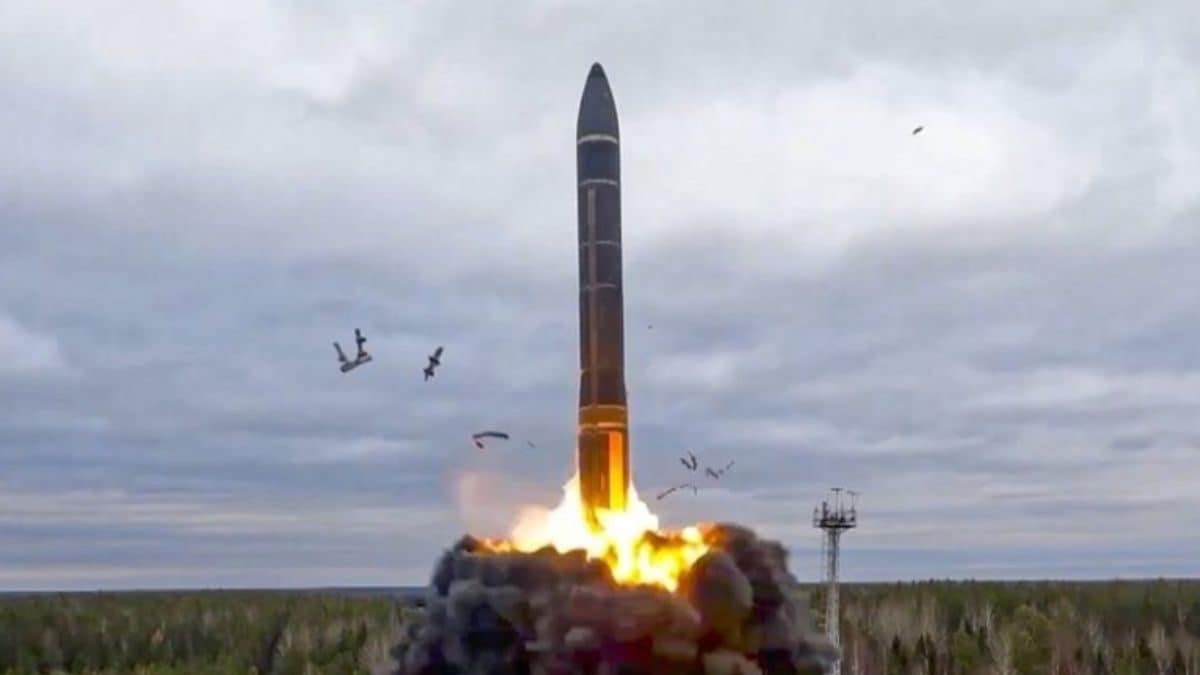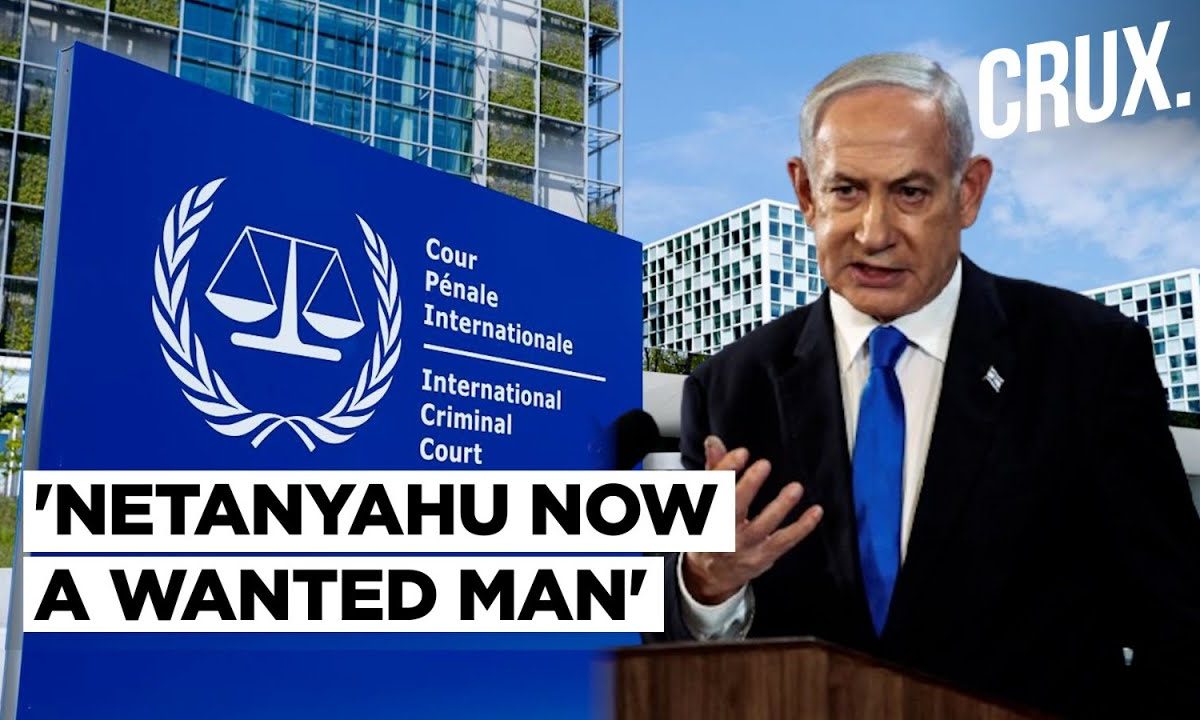Last Updated: October 02, 2024, 07:22 IST
Jerusalem, Israel

Iraqi people celebrate on a street, after the IRGC attack on Israel, in Basra, Iraq, October 1, 2024. (Reuters)
India advises nationals in Israel to exercise caution amid escalating tensions after Iran's large-scale missile attack, as Netanyahu vows retaliation
As Iran launched a large-scale missile attack on Israel, the Indian embassy in Tel Aviv on Tuesday warned its nationals to exercise caution and avoid unnecessary travel within the country.
The Indian mission said that it is closely monitoring the situation amid escalating tensions in the Middle East. This warning follows similar advisories urging caution for Indian nationals living in Lebanon issued last month.
WATCH: Passenger On Dubai Flight Captures Chilling Video Of Iranian Rockets Aimed At Israel
‘Stay vigilant’
“In view of the prevailing situation in the region, all Indian nationals in Israel are advised to stay vigilant and adhere to the safety protocols as advised by the local authorities (https://www.oref.org.il/eng),” the Indian mission in Tel Aviv said. “Please exercise caution, avoid unnecessary travel within the country and stay close to safety shelters. The Embassy is closely monitoring the situation and remains in regular touch with the Israeli authorities to ensure the safety of all our nationals,” it added.
Fears of a wider war
Israeli Prime Minister Benjamin Netanyahu promised that arch-foe Iran would pay for its missile attack against Israel on Tuesday, while Tehran said any retaliation would be met with “vast destruction”, raising fears of a wider war.
As Washington expressed full backing for its longtime ally Israel, Iran’s armed forces said direct intervention by Israel’s supporters against Tehran would provoke a “strong attack” from Iran on their “bases and interests” in the region. “Iran made a big mistake tonight – and it will pay for it,” Netanyahu said at the outset of a political-security meeting, according to a statement.
Iran’s Revolutionary Guard Corps said the assault was in retaliation for Israeli killings of militant leaders and aggression in Lebanon against the Iran-backed armed movement Hezbollah and in Gaza. Fears that Iran and the US would be drawn into a regional war have risen with Israel’s intensifying assault on Lebanon in the past two weeks, including the start of a ground operation there on Monday, and its year-old conflict in the Gaza Strip.
180 ballistic missiles
In its attack on Tuesday, Iran fired more than 180 ballistic missiles at Israel, Israel said. Alarms sounded across Israel and explosions could be heard in Jerusalem and the Jordan River valley. Israelis piled into bomb shelters and reporters on state television lay flat on the ground during live broadcasts.
Iran’s forces used hypersonic Fattah missiles for the first time, and 90% of its missiles successfully hit their targets in Israel, the Revolutionary Guards said.
Israeli air defences were activated and most missiles were intercepted “by Israel and a defensive coalition led by the United States,” Israeli Rear Admiral Daniel Hagari said in a video on X, adding: “Iran’s attack is a severe and dangerous escalation.”
(With agency inputs)

 1 month ago
1 month ago













